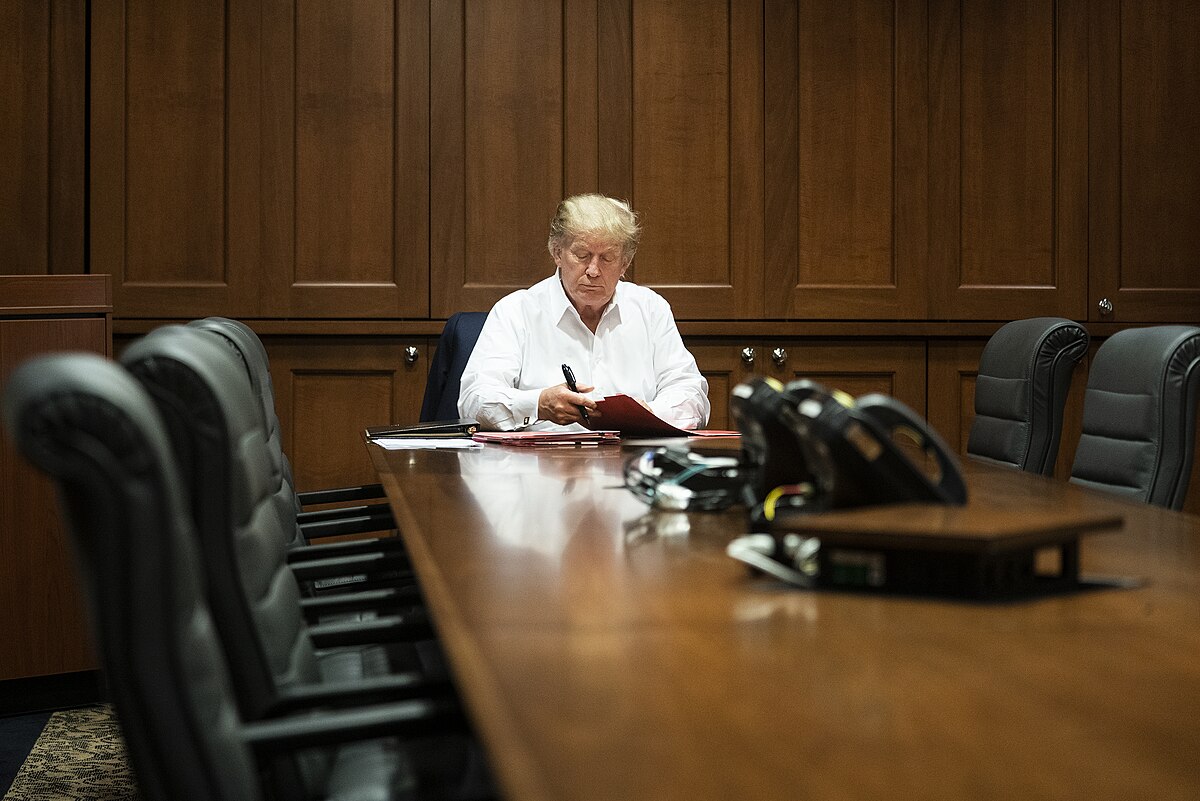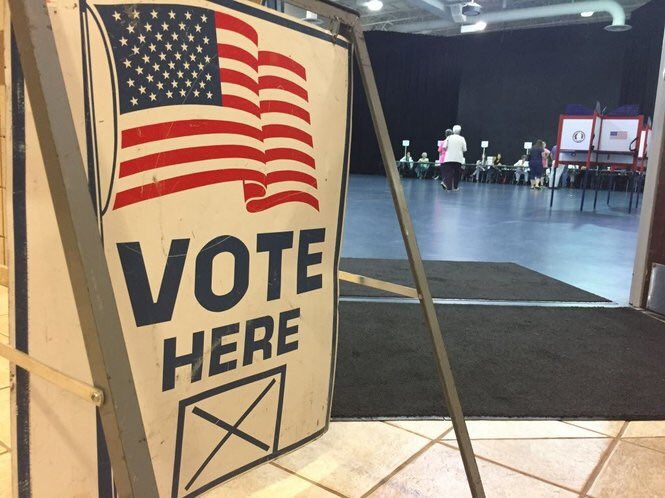- 14 3402-5578
- Rua Hygino Muzy Filho, 737, MARÍLIA - SP
- contato@latinoobservatory.org
 The White House from Washington, DC
The White House from Washington, DC
One of the first possible actions of President-elect Donald Trump, if he takes office on January 20, 2025, will be to revoke the ban on the use of the term "illegal alien" implemented by the Biden administration.
Members of Trump's transition team on homeland security issues have been discussing the return of this terminology, arguing that it is a neutral legal term with no racial or cultural overtones. This approach contrasts with the Biden administration's decision, which, in 2021, mandated that Department of Homeland Security officials start using terms such as "non-citizen" or "migrant" instead of "alien", and "undocumented" instead of "illegal", under the justification of humanizing the treatment of immigrants.
The Biden administration's move has generated resistance from some quarters, such as former U.S. Border Patrol chief Rodney Scott, who, while not undermining his administration's efforts, has officially expressed his disagreement with the new terminology. Biden's decision also reflected broader pressure from progressive Democrats to eliminate the use of terms deemed inhumane, which aligns with legislative proposals such as the Offensive Name Correction Act, introduced by Rep. Joaquin Castro, and the U.S. Citizenship Act, both of which have failed to pass Congress.
The politicization of this language, with the use of the term "illegal" or "undocumented" has revealed itself in public debate, including important events such as Joe Biden's State of the Union address. In that episode, the president used the term "illegal" when referring to an incident involving a student killed by an undocumented immigrant, but later retracted, acknowledging that he should have used a different expression.
The return of the term "illegal alien"
under the Trump administration would signal not only a semantic shift but also
a political shift in the approach to immigration, prioritizing more
ultra-conservative and hardline rhetoric, which his allies see as a response to
the migrant crisis at the border. This change reflects a larger cultural and
political clash over how the issue of immigration is treated in public
discourse and government policies.











